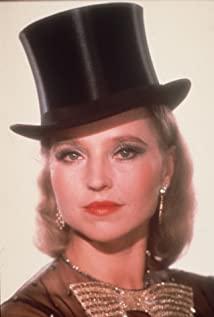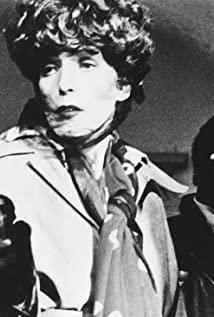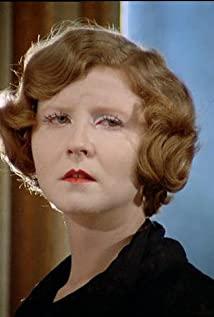"Petra's Tears" filmed in 1970 focuses on "love." The prosperous fashion designer Petra and her husband divorced. Later, the encounter with Karin, a young girl, made her fall into crazy love again. She provided Karin with shelter and money, designed the most beautiful clothes for her, and made her a supermodel-the ending is obvious. After living together for a few years, Karin left her and returned to her husband. Karin's departure caused Petra to suffer and collapse. She is just a slave to love, and the person who is loved has the power to live and kill. In contrast, she is a female secretary. The hostess. The female secretary loves her selflessly and fanatically, taking care of her diet and daily life, and will accompany her to sleep or dance when she is lonely-but she has a very bad attitude towards her. Finally, when Petra was lost When Karin recovered from her pain, she realized how ruthless she had hurt her. She tenderly apologized to her and promised future reward and compensation. What's interesting is that when the female secretary heard these words, she resolutely cleaned up Baggage and left. She is in the center of a love triangle, and perhaps she understands the tragedy that the humility of the lover and the domineering of the beloved co-produce?
In this film about love ethics, there is no ideal relationship. Any relationship includes oppression and exploitation. The mutual engulfing between people also metaphors the oppression of social order. His views are so pessimistic and sharp, but he can't convince me. Love is more than just a spring, you can bounce yourself back to how painful you use it; love is also a mirror, and you will get the corresponding experience with what attitude you put into it. This may deceive ourselves, but the truth does not exist. We have to choose a way of being deceived in order to live. As for the oppression, he really told the truth: we dare not face and enjoy freedom, so we always seek a slave-like situation. So the oppression that love gives seems to be the best.
I watch movies, always trying to figure out what the director wants to say, and what can be conveyed through the language of the lens. And Fassbender fits my taste very well. In each of his films, he tries to explain a truth and explain a concept. His films are not perfect, and he has almost no patience to change any of his films. The perfection, he always thought about the next part, the next one, he was eager to say something... until he died suddenly, there was no chance again. It’s really strange. Even though I love watching his films and have great patience with them, the resentment, depression, fear, etc. in the film—almost never affect me—maybe that I love him. Reason? However, many times, I even watched with an unbearable mood. It was painful and could not stop. His ideas and skills undoubtedly showed a genius side, but it was too—too much like a prank. It was the kid’s prank. The mini theater collapsed and everyone was injured. I just wanted to run to comfort him, and those characters, it’s okay, it’s okay, everything will be fine...
View more about The Bitter Tears of Petra von Kant reviews










